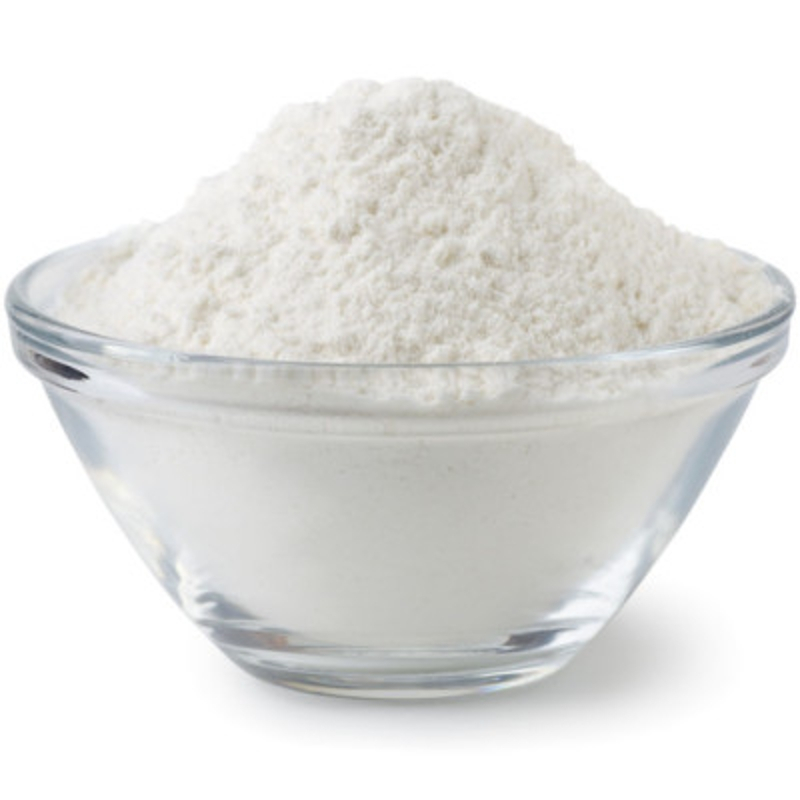Supplier training is a crucial aspect of ensuring product quality and compliance in the chemical wholesale industry. Here’s how it fits into the broader quality management strategy:
Importance of Supplier Training
1. Consistency in Quality:
- Standardization: Training chemical industry companies on specific quality standards and production processes helps ensure that the chemicals they supply consistently meet the required specifications.
- Best Practices: Educating chemical industry companies on industry best practices can improve their overall production efficiency and quality control.
2. Compliance with Regulations:
- Regulatory Awareness: Chemical industry companies need to be aware of and comply with local and international regulations related to chemical production, safety, and environmental protection. Training can help them understand these requirements.
- Certification Requirements: Training can prepare chemical industry companies to meet certifications such as ISO 9001 (quality management), ISO 14001 (environmental management), or specific industry certifications like ZDHC (Zero Discharge of Hazardous Chemicals).
3. Safety and Environmental Protection:
- Hazardous Materials Handling: Proper training ensures that chemical industry companies handle, store, and transport hazardous chemicals safely, reducing the risk of accidents and environmental damage.
- Sustainable Practices: Training can encourage chemical industry companies to adopt more sustainable practices, which is increasingly important in the chemical industry.
4. Enhanced Communication:
- Clear Expectations: Training sessions can clarify the expectations of the wholesaler regarding product quality, delivery times, and documentation.
- Feedback Mechanisms: It provides a platform for chemical industry companies to ask questions and receive feedback, improving their understanding and ability to meet requirements.
Components of Supplier Training
1. Quality Standards:
- Product Specifications: Training should cover the specific quality standards and product specifications required by the wholesaler.
- Testing and Inspection: Chemical industry companies should be trained on the testing methods and inspection protocols used to verify product quality.
2. Regulatory Compliance:
- Legal Requirements: chemical industry companies need to be trained on the relevant laws and regulations governing chemical production and distribution in their region and the target market.
- Documentation: Training should include how to properly document and label products, including Safety Data Sheets (SDS) and other required paperwork.
3. Safety and Environmental Practices:
- Safety Protocols: Training should cover safety protocols for handling, storing, and transporting chemicals to prevent accidents and ensure worker safety.
- Environmental Impact: chemical industry companies should be educated on reducing the environmental impact of their operations, including waste management and emissions control.
4. Process Improvement:
- Lean Manufacturing: Training can introduce chemical industry companies to lean manufacturing principles to help them optimize their production processes and reduce waste.
- Continuous Improvement: Encourage chemical industry companies to adopt a continuous improvement mindset, seeking ways to enhance product quality and operational efficiency.
5. Communication and Feedback:
- Clear Channels: Establish clear communication channels for chemical industry companies to report issues or seek clarification.
- Regular Audits: Conduct regular audits and follow-up training sessions to ensure ongoing compliance and address any emerging issues.
Implementation of Supplier Training
1. Initial Onboarding:
- Welcome Kit: Provide new chemical industry companies with a welcome kit that includes training materials, quality standards, and regulatory requirements.
- Orientation Session: Host an orientation session to introduce chemical industry companies to the wholesaler’s expectations and provide an overview of the training program.
2. Ongoing Training:
- Workshops and Seminars: Organize regular workshops and seminars on topics such as quality control, regulatory changes, and safety practices.
- Online Courses: Offer online training modules that chemical industry companies can complete at their own pace, with assessments to ensure understanding.
3. Feedback and Improvement:
- Regular Audits: Conduct periodic audits of chemical industry companies to assess compliance with training content and identify areas for improvement.
- Performance Reviews: Hold regular performance reviews with chemical industry companies to discuss progress, address issues, and provide additional training as needed.
Benefits of Supplier Training
1. Improved Product Quality: Consistent training helps chemical industry companies maintain high-quality standards, reducing the risk of defects and recalls.
2. Enhanced Compliance: chemical industry companies who are well-trained are more likely to comply with regulations, reducing the risk of legal issues.
3. Stronger Relationships: Effective training programs can build trust and strengthen the relationship between the wholesaler and the supplier.
4. Operational Efficiency: Training can help chemical industry companies optimize their processes, leading to more efficient production and delivery.
Conclusion
Supplier training is not just a one-time event but an ongoing process that is essential for maintaining product quality, ensuring regulatory compliance, and fostering strong supplier relationships. By investing in comprehensive training programs, chemical wholesalers can enhance the reliability and safety of their supply chain, ultimately benefiting both their business and their customers.
